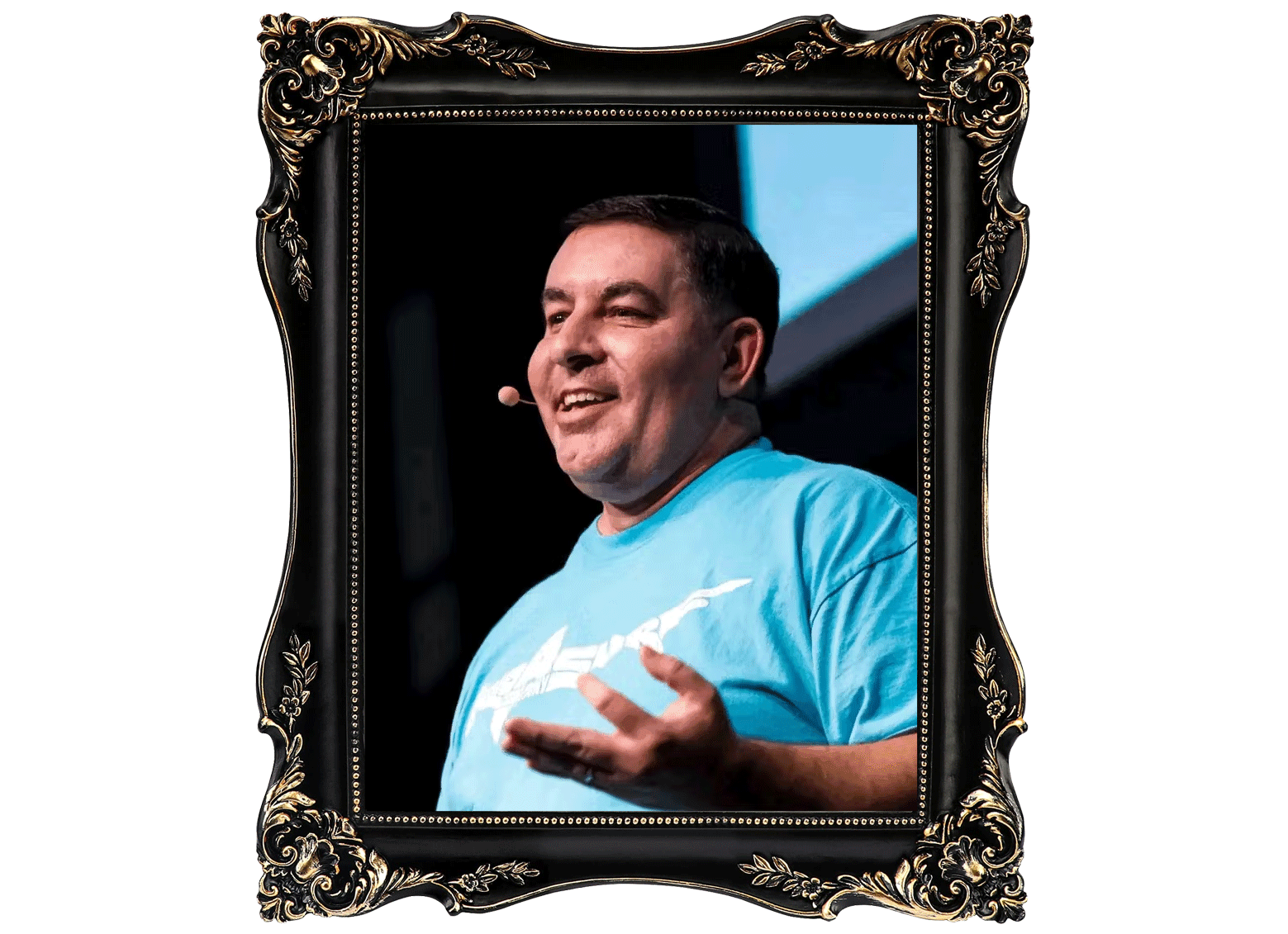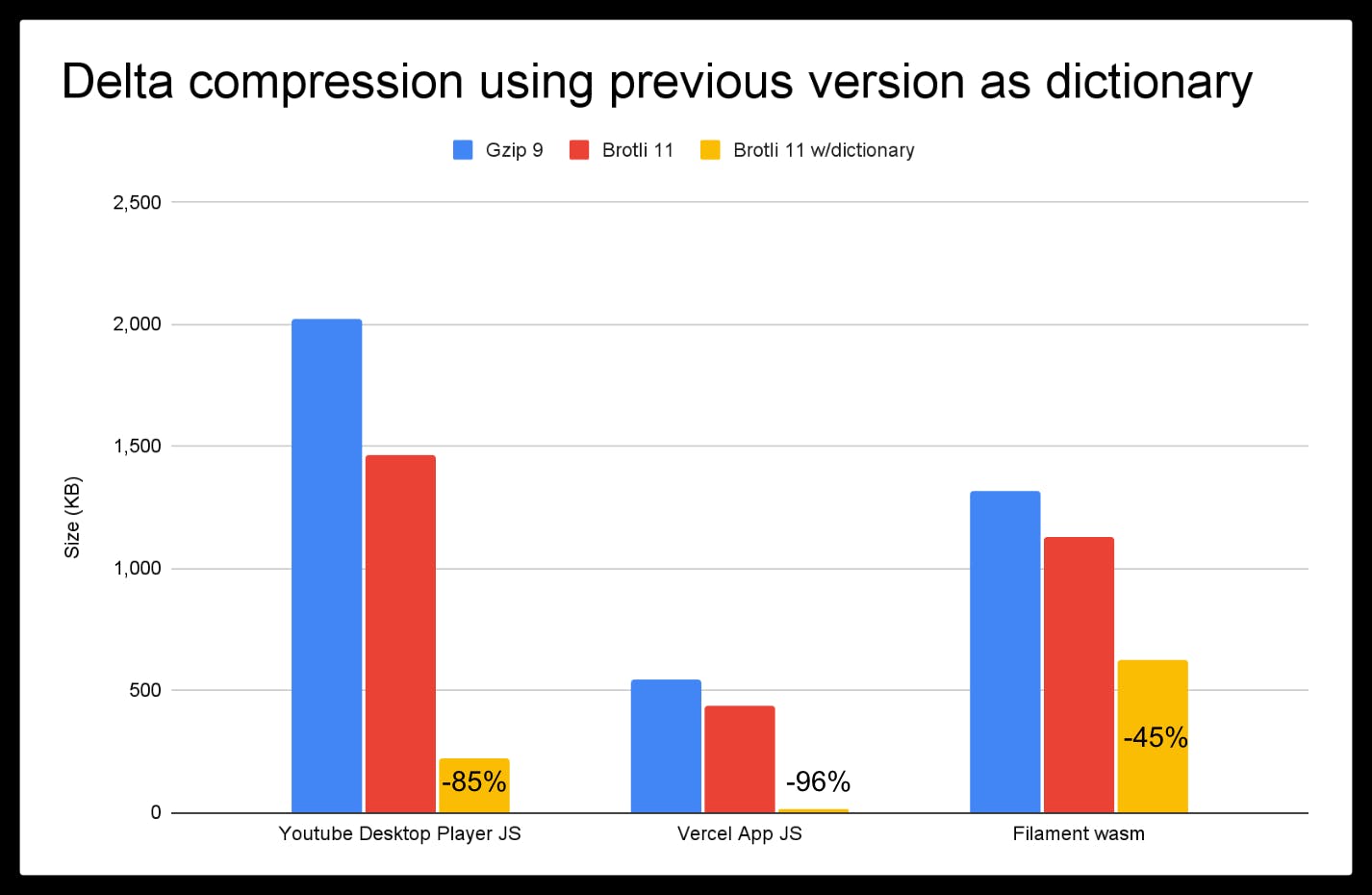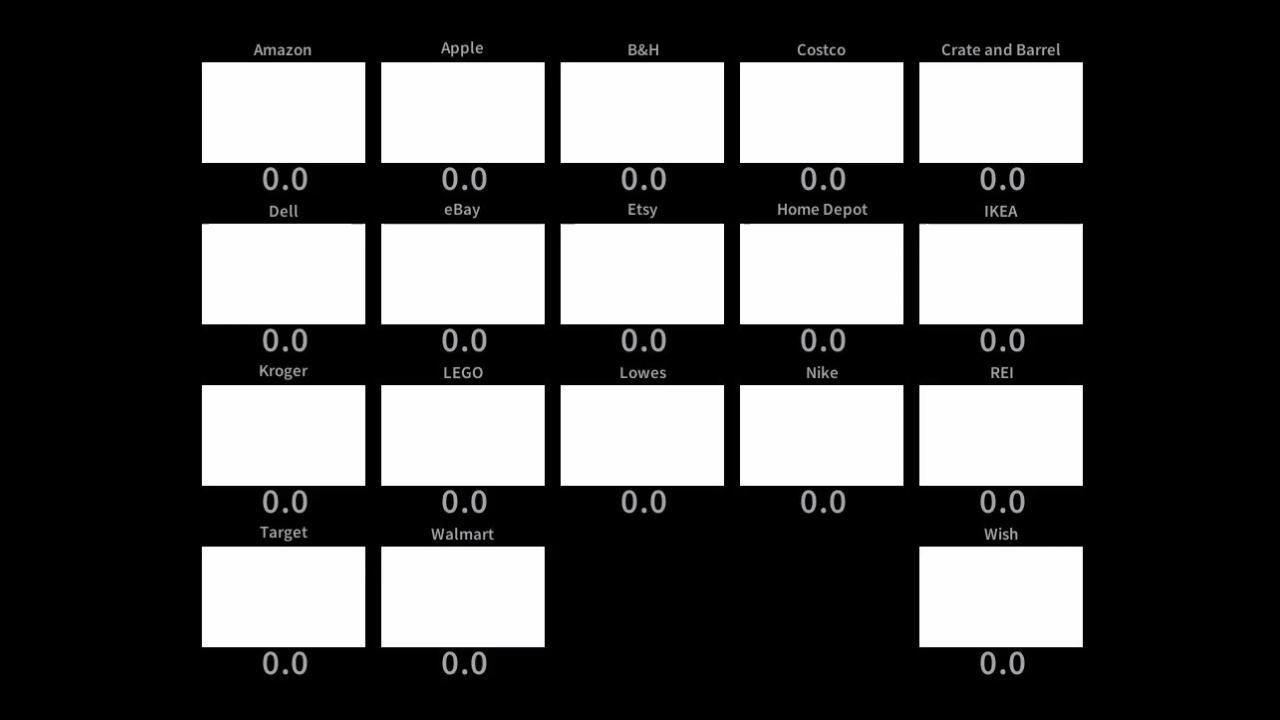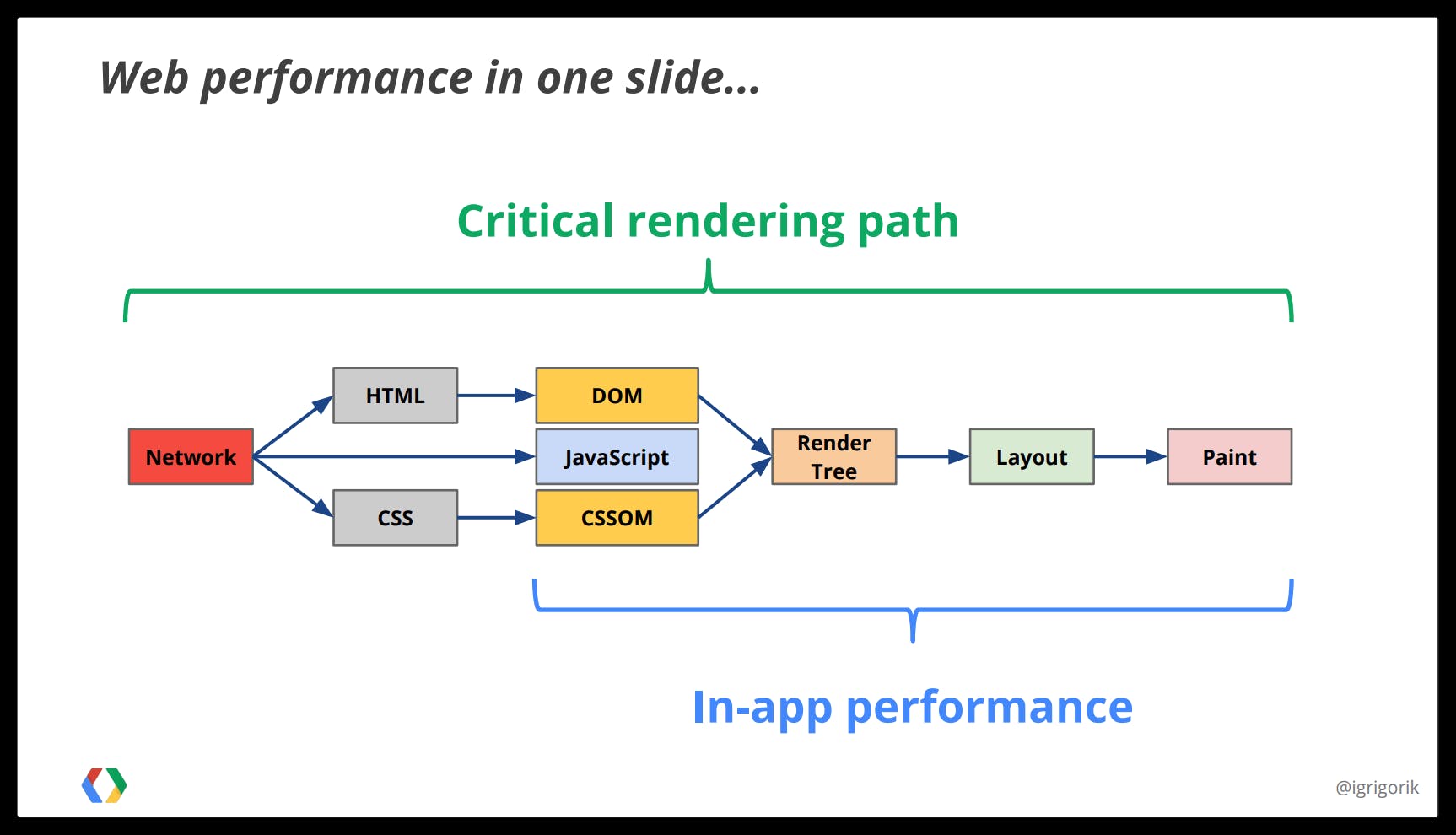This month, we celebrate everything that OG performance hero Pat Meenan has done – and continues to do – for the web performance community.

When we started the Performance Hero series earlier this year, we had an idea of the types of folks in our community we wanted to acknowledge:
- People who are making a difference in web performance
- People who are humble
- People who give without expectation
- People who don't necessarily crave the spotlight
When looking at these attributes – for a lot of us who have been around this space for more years than we care to mention – it's hard not to think about everyone's favorite web performance OG: Pat Meenan. This month, we celebrate all that Pat has done and continues to do for web performance.
Pat, who is currently a software engineer at Google, is the definition of humble. When we reached out to him about this post, he was quick to point out others who he felt had made a bigger impact in 2024. We look forward to celebrating them as we continue recognizing performance heroes in 2025, but he doesn't get a pass on recognition this time around!
Pat has contributed so much to the web, and to web performance specifically.
Most notably, way back in 2008, Pat built a little open-source tooI called WebPageTest (now owned by Catchpoint) that has served as the biggest arrow in our collective web performance quiver for years. Some people might not know that Pat ran the infrastructure out of his house for more than a decade. When I learned this, I remember being amazed that someone would create something so helpful and so powerful, just to give it away to users for free.
WebPageTest been foundational for many of us in understanding performance. It was the catalyst for SpeedCurve when our founder Mark Zeman built the first version of our synthetic tool way back in 2012, and it served as our backbone during our early years.
However, Pat's contributions didn't stop with WebPageTest. He's a fan favorite on the web performance speaker circuit, a frequent contributor to Chrome (and the web as a whole), and after all of these years he remains one of the biggest cheerleaders for a faster web.
I caught up with Pat over email to fire a few questions at him. His responses didn't disappoint.
What are you working on now and/or what are you most excited about?
"I'm working on bringing compression dictionaries to the web. [Watch Pat's 2023 talk at performance.now for background.] I think it will radically change how we serve content and look at MPA versus SPA, bringing a lot of the benefits of SPAs (delivering just the changed content) to document navigations and reducing the performance cost of sending code updates."
Pat is not kidding. You can see the potential benefits of using compression dictionaries on some very popular resources here.

What do you see as the biggest performance challenges we are up against in 2025?
"Losing focus. We got a decent boost from the Core Web Vitals efforts, but performance is a never-ending grind. If you take your eye off the ball, it tends to regress pretty badly. Performance still isn't part of the core DNA for most product teams, and even some of the ones where it was have shifted focus."
(Amen, brother. Getting fast is hard, staying fast is harder.)
What do you see as your biggest performance win?
"Of all time, it was probably indirect by getting people to actually look at web performance waterfalls and videos and understand how browsers and their code interact."

Getting stakeholders engaged in web performance remains one of our biggest challenges. It's been a challenge since I can remember. Pat's gift to the web performance community – WebPageTest – has taught us how to read a waterfall, how to visualize performance through the use of filmstrips, and how to show your boss how much slower or faster you are than your competitors using video.
"More recently and directly, getting fetchpriority adopted. I often refer to it as an 'easy' button for some quick performance gains."
If you are looking to optimize LCP or other important resources, using fetchpriority is one of Pat's cheat codes for web performance.
If you could wave a magic wand, what is the one performance best practice you'd apply that would have the most impact on user experience?
"Eliminating JavaScript from the critical path (rendering and interaction). If you can give a browser everything it needs in the HTML, and if the HTML is served quickly, things will usually default to being fast. When logic needs to run on the client before the browser can take action, it is usually slow."
So true. As Ilya Grigorik pointed out in Building Faster Websites, optimizing the critical path is key to improving the user experience. JavaScript remains the biggest obstacle for loading performance and responsiveness.

Thank you, Pat! The impact you've had and continue to have has meant a great deal to this community. You truly are the textbook definition of a performance hero.
